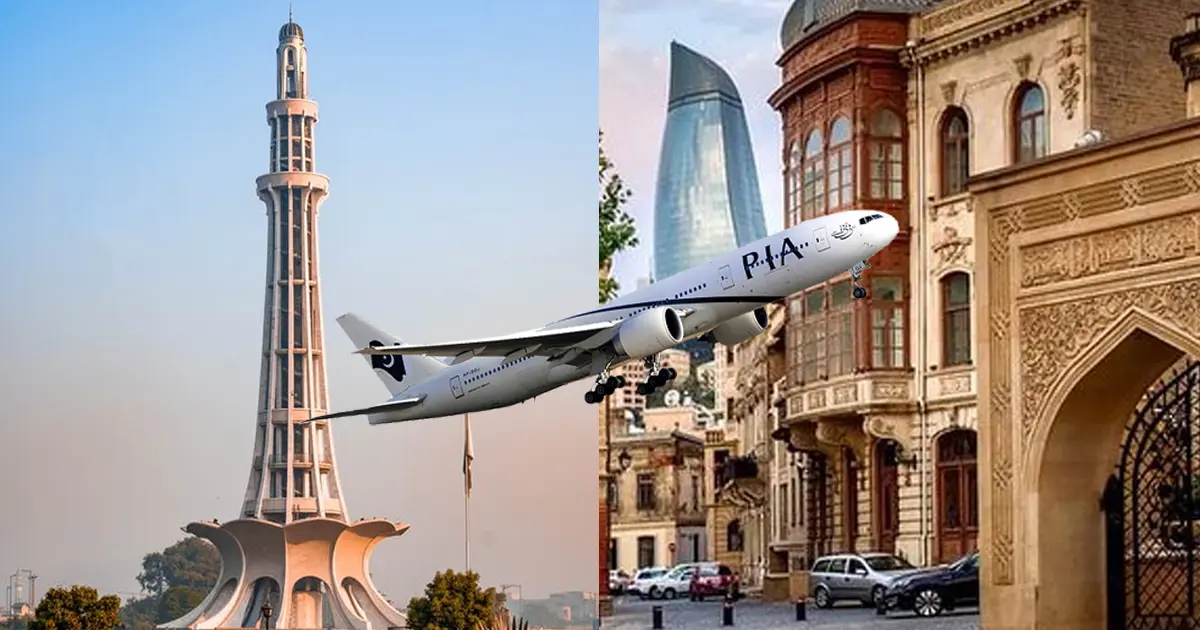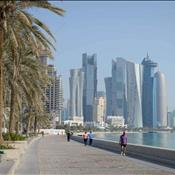.webp)
Pakistani travelers frequently seek access to the Schengen Area, a zone encompassing 29 European countries that have abolished passport and any other type of border control at their common borders. While the allure of Europe remains strong, Pakistani applicants often face a significant hurdle: high Schengen visa rejection rates. Understanding these rates and the underlying reasons is crucial for prospective travelers to increase their chances of a successful application.
Recent data paints a challenging picture for Pakistani citizens applying for Schengen visas. In 2024, reports indicate that around 165,000 applications from Pakistan were rejected, contributing to a substantial financial loss of approximately PKR 1.36 billion in non-refundable visa fees. This reflects a notable rejection rate, with some sources suggesting that applicants from Bangladesh and Pakistan saw rejection rates soar past 62% in 2024 for certain countries. While the overall Schengen visa rejection rate globally in 2024 was around 14.8%, specific nationalities, including Pakistanis, face disproportionately higher rates.
It's important to note that rejection rates can vary significantly between individual Schengen member states. For instance, in 2024, Malta had the highest rejection rate at 38.5%, followed by Estonia (27.2%) and Belgium (24.6%).4 While no specific data for Pakistan's rejection rate by each Schengen country is readily available, it is understood that certain embassies in Pakistan are perceived as more stringent than others.
Common Reasons for Rejection
The reasons behind a Schengen visa rejection are often multifaceted, but several common themes emerge for Pakistani applicants:
- Incomplete or Incorrect Documentation: This is a leading cause of rejection. Even minor errors, missing documents, or inconsistent information across various submitted papers can lead to an automatic refusal. This includes issues with the application form, supporting documents like bank statements, hotel bookings, or flight itineraries.
- Insufficient Financial Means: Applicants must demonstrate adequate funds to cover their entire stay in the Schengen Area, including accommodation, food, and transportation. Failure to provide convincing proof of sufficient financial stability, or sudden, unexplained large deposits in bank statements, can raise red flags.
- Lack of Proof of Accommodation and Travel Itinerary: A clear and confirmed travel plan, including hotel reservations for the entire duration of the stay, is essential. Inconsistent or vague itineraries can lead to suspicions about the true purpose of the visit.
- Weak Ties to Home Country: Consular officers look for strong evidence of an applicant's intention to return to their home country. This can include stable employment, family ties, property ownership, or other significant commitments in Pakistan. A perceived lack of such ties can lead to assumptions of overstaying or illegal immigration.
- Unclear Purpose of Visit: The declared purpose of travel must be clear, credible, and consistent with the visa category being applied for. Ambiguity or inconsistencies in explaining the reason for the trip can result in rejection.
- Previous Visa Violations: A history of overstaying a previous visa, violating visa regulations, or providing false information on past applications will significantly jeopardize new applications.
- Invalid or Damaged Passport: Passports must meet specific requirements, including validity for at least three months beyond the intended departure date from the Schengen Area, having at least two blank pages, and being issued within the last 10 years. Damaged or altered passports are also grounds for rejection.
- Lack of Valid Travel Insurance: Comprehensive travel medical insurance with a minimum coverage of €30,000, valid across all Schengen states and covering medical emergencies, hospitalization, and repatriation, is a mandatory requirement.
Tips for Pakistani Travelers to Increase Approval Chances
Despite the challenges, Pakistani travelers can significantly improve their chances of obtaining a Schengen visa by meticulously preparing their application:
- Thorough Research: Understand the specific requirements of the chosen Schengen country's embassy or consulate in Pakistan. Requirements can vary slightly between nations.
- Complete and Accurate Documentation: Double-check every document for accuracy, consistency, and completeness. Ensure all forms are filled legibly and truthfully. Consider taking professional assistance for document review if unsure.
- Strong Financial Proof: Provide clear, consistent bank statements for the last 3-6 months, demonstrating sufficient and stable financial resources. If sponsored, ensure the sponsorship letter and the sponsor's financial documents are robust.
- Detailed and Realistic Itinerary: Prepare a day-by-day travel plan with confirmed bookings for flights and accommodation. The itinerary should be logical and align with the declared purpose of the visit.
- Demonstrate Strong Ties to Pakistan: Gather evidence of stable employment (employment letter, salary slips), family registration certificates, property deeds, or any other documents proving strong reasons to return to Pakistan.
- Valid Travel Insurance: Purchase comprehensive travel insurance from a reputable provider that meets all Schengen requirements.
- Honesty and Consistency: All information provided, whether in the application form, supporting documents, or during an interview, must be consistent and truthful. Any discrepancies can lead to immediate rejection and potentially future travel bans.
- Apply Well in Advance: Visa processing can take time, especially during peak seasons. Apply several months before the intended travel date to avoid last-minute complications.
- Consider "Easier" Countries (with caution): While there's no official "easy" Schengen country, some may have fewer applications or slightly less stringent scrutiny. Researching the visa policies and recent trends for different Schengen states might be beneficial, but the focus should always be on a complete and honest application. Hungary, for example, is sometimes cited as having a more flexible approach for Pakistani applicants.Conclusion
Schengen visa rejection rates for Pakistani travelers can be high, but they are not insurmountable. By understanding the common reasons for refusal and diligently preparing a comprehensive, accurate, and consistent application, Pakistani citizens can significantly enhance their prospects of experiencing the rich cultural and historical tapestry of the Schengen Area.
;More Travel News
-
 08-Jan-2021Tanaqqol Best App for Pilgrims Book an Electric Cars
08-Jan-2021Tanaqqol Best App for Pilgrims Book an Electric Cars -
 07-May-20205 Advantages of Flights And Hotel Booking In Advance?
07-May-20205 Advantages of Flights And Hotel Booking In Advance? -
 15-Oct-2024Top Mistake to Avoid During Your Umrah
15-Oct-2024Top Mistake to Avoid During Your Umrah -
 27-Jan-2025Best Airlines for Pilgrimage Travelers in 2025
27-Jan-2025Best Airlines for Pilgrimage Travelers in 2025 -
 22-Nov-2021Student Visa to Australia from Pakistan
22-Nov-2021Student Visa to Australia from Pakistan -
 16-Apr-2025PIA adds Lahore-Baku direct flights to its schedule.
16-Apr-2025PIA adds Lahore-Baku direct flights to its schedule. -
 25-Oct-2025After five-year hiatus, Pakistan International Airlines (PIA) launches direct flights from Pakistan to the UK
25-Oct-2025After five-year hiatus, Pakistan International Airlines (PIA) launches direct flights from Pakistan to the UK -
 27-Nov-2025“Dubai, Turkey & Malaysia Tours Prices Updated for 2025
27-Nov-2025“Dubai, Turkey & Malaysia Tours Prices Updated for 2025 -
 10-Mar-2020Qatar Bans 14 Countries Including Pakistan and India
10-Mar-2020Qatar Bans 14 Countries Including Pakistan and India -
 25-Aug-2023Saudi Arabia and Pakistan Forge New Agreement to Enhance Pilgrim Experience and Ease Costs
25-Aug-2023Saudi Arabia and Pakistan Forge New Agreement to Enhance Pilgrim Experience and Ease Costs -
 03-Oct-2025The New Era of Umrah Pilgrimage: Stricter Rules and the End of Tourist Visa Reliance
03-Oct-2025The New Era of Umrah Pilgrimage: Stricter Rules and the End of Tourist Visa Reliance -
 16-Sep-2025Honeymoon in Maldives vs Turkey: Which One is Right for Pakistani Couples?
16-Sep-2025Honeymoon in Maldives vs Turkey: Which One is Right for Pakistani Couples?
